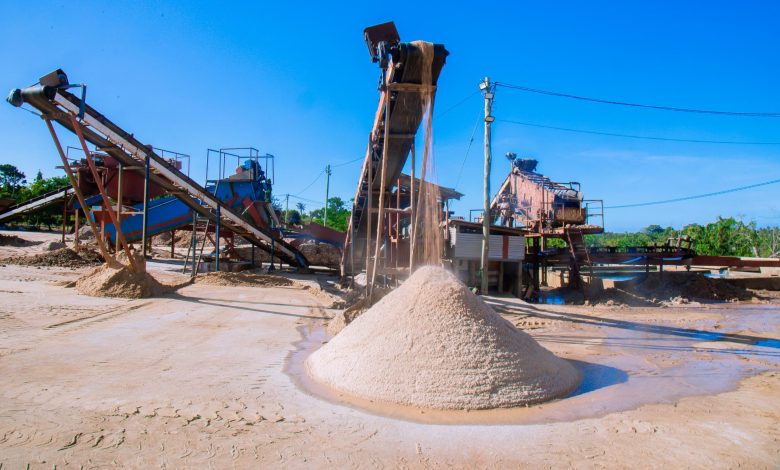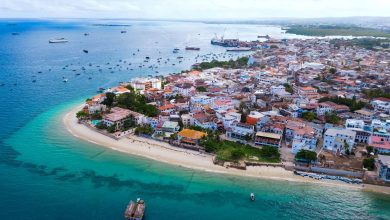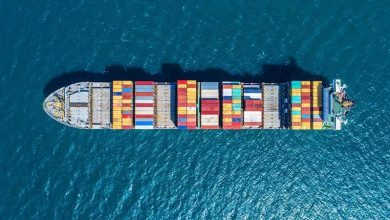Kibaha copper, nickel industry nearing completion

COAST REGION: COAST Nickel Industry Limited, a copper and nickel sorting and processing plant currently under construction in Kikongo, Kibaha District, Coast Region, is scheduled for completion and operational launch by January next year.
This development represents a significant milestone in the country’s efforts to enhance value addition within the mineral sector.
The establishment of the new copper and nickel processing facility in Kikongo marks a strategic shift in Tanzania’s mineral economy, as it moves from exporting raw ores to promoting local value addition.
The total cost of the project which started in January, last year is 7 million US dollars.
ALSO READ: Bond auction tests appetite amid easing
The Chairman of Coast Nickel Industry Limited, Hou Tianyou, informed Coast Regional Commissioner Abubakar Kunenge during a recent inspection visit that the company is grateful for the consistent government support in addressing challenges encountered during the construction of the facility.
He emphasised that such cooperation has been instrumental in keeping the project on track.
Tianyou also noted that, upon completion, the plant is expected to generate approximately 150 direct employment opportunities, contributing to local job creation and socio-economic development in the Kikongo area.
Coast Regional Commissioner Abubakar Kunenge praised Coast Nickel Industry Limited for investing in the region and assured government support to address challenges like unreliable power and poor road infrastructure.
He highlighted that the investment aligns with the region’s ongoing industrial growth.
Coast Region, a major industrial hub in Tanzania, has seen its number of industries rise from 1,387 to 1,681 in four years, reflecting strong expansion.
It hosts 97 large-scale industries including cashew nut processors and vehicle assembly plants and 109 medium-sized manufacturers producing construction materials, food, animal feed and electrical goods.
Together, these industries generate about 21,000 direct and over 60,000 indirect jobs, underscoring the region’s vital role in national economic development and industrialisation.





